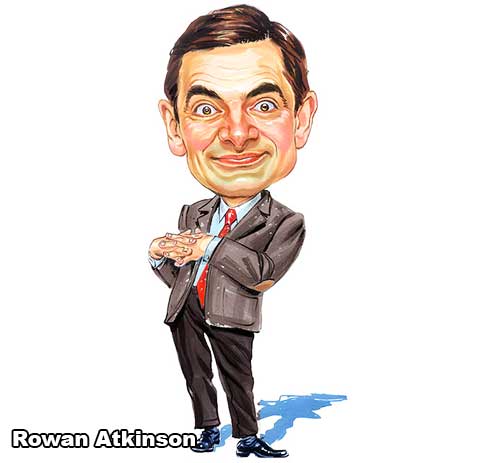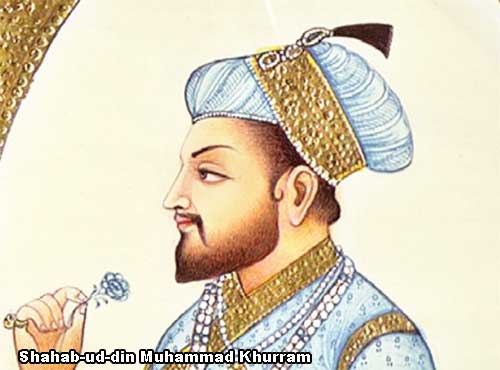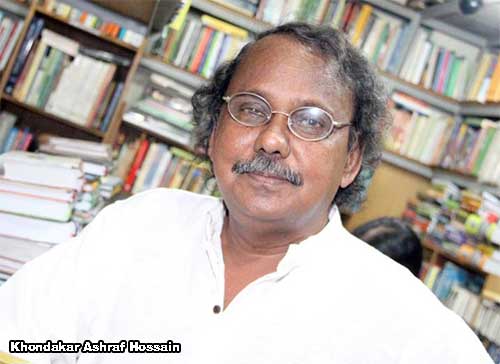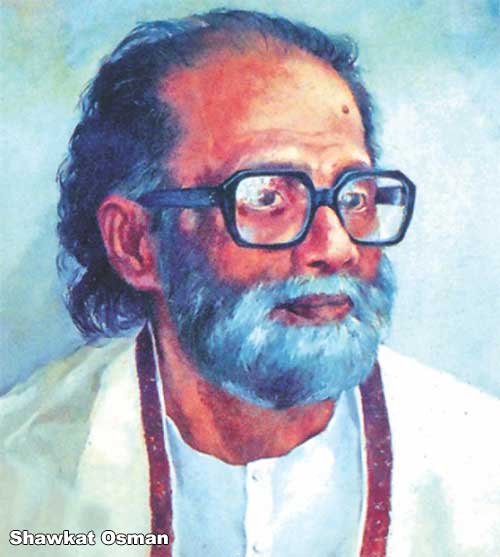
The Swedish chemist, engineer, and inventor Alfred Nobel is best known for establishing the prestigious #NobelPrizes. His contribution to science and society has left an indelible mark on the world, even though his legacy is intertwined with invention and controversy. Born on October 21, 1833, in Stockholm, Sweden, Nobel was a prolific inventor, holding over 350 patents during his lifetime. However, his invention of dynamite led him to rethink how he would be remembered, ultimately resulting in the creation of the Nobel Prize.
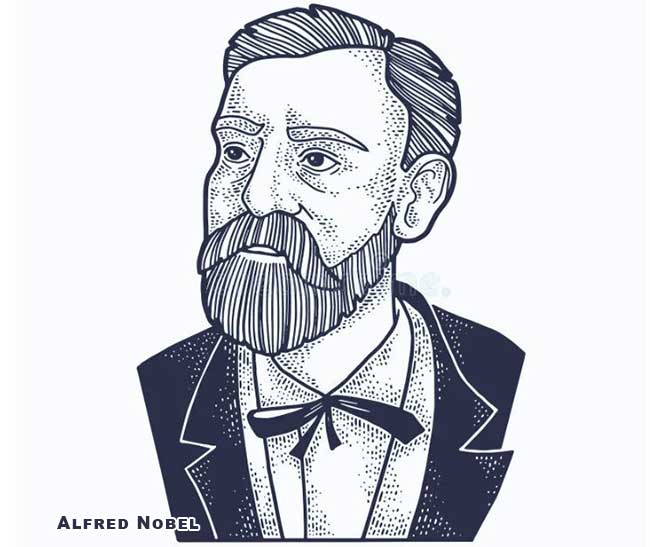
In this article, we'll explore Alfred Nobel's life, the invention that shaped his future, the origins of the Nobel Prizes, and his lasting impact on modern society.
Alfred Nobel's Early Life and Education
Alfred Nobel was born into a family with a solid technical background. His father, Immanuel Nobel, was an engineer and inventor specializing in developing explosives for construction and military purposes. This influence led young Alfred to an early interest in science and technology.
At 17, #AlfredNobel went abroad to study chemical engineering. He traveled extensively, gaining education in cities like Paris and the United States. This international exposure expanded his knowledge and laid the foundation for his later inventions.
The Invention of Dynamite
Alfred Nobel's most well-known invention is dynamite, which he patented in 1867. Before dynamite, explosive materials like nitroglycerin were hazardous and difficult to handle. Nobel discovered a way to stabilize nitroglycerin by absorbing it into an inert material, creating a safer and more practical explosive.
This invention revolutionized industries such as mining, construction, and transportation. Dynamite allowed for safer and more efficient blasting of rocks and tunnels, making large infrastructure projects possible. However, despite its industrial uses, dynamite was also quickly adopted for military purposes, which weighed heavily on Nobel's conscience.
The Controversy That Led to the Nobel Prizes
In 1888, Alfred Nobel's brother Ludvig passed away, and a French newspaper mistakenly published an obituary for Alfred instead of Ludvig. The headline read: "The merchant of death is dead." The article criticized Nobel for inventing dynamite and implied that his legacy would be destruction and violence. This deeply affected Nobel, leading him to consider how he would be remembered after his death.
In response, Nobel made a decision that would shape his legacy forever. He drafted his will, dedicating most of his fortune to creating the Nobel Prizes. These awards would honor individuals who contributed positively to humanity in various fields, including peace, science, literature, and economics.
The Establishment of the Nobel Prizes
Alfred Nobel died in 1896, and his will stipulated that his fortune be used to fund five annual prizes: Peace, Chemistry, Physics, Medicine, and Literature. In 1969, a sixth prize, the Nobel Memorial Prize in Economic Sciences, was added. The prizes are awarded annually to individuals and organizations significantly contributing to these fields.
The Nobel Peace Prize, in particular, has become one of the most prestigious global honors awarded to individuals and groups working to reduce conflict and promote peace. For example, laureates like Dr. Muhammad Yunus: The Visionary Behind Microfinance and Social Business have been recognized for their groundbreaking contributions to poverty alleviation and social entrepreneurship, demonstrating the Nobel Prize's role in advancing human progress through innovative ideas.
Alfred Nobel's Legacy in Science and Peace
Alfred Nobel's legacy goes beyond the creation of the Nobel Prizes. His contributions to science, particularly in explosives and chemistry, have had a lasting impact. However, the Nobel Prizes themselves stand as his most incredible legacy. These awards have highlighted the importance of scientific and humanitarian advancements, encouraging individuals to strive for excellence and innovation in their respective fields.
The Nobel Peace Prize, in particular, continues to resonate with global audiences, shedding light on the ongoing struggles for peace, human rights, and social justice. In recent years, it has been awarded to people and organizations fighting for climate change, education for girls, and freedom of expression, demonstrating its relevance in modern-day issues.
Conclusion
Both invention and introspection marked Alfred Nobel's life. While he achieved great success as an inventor, his desire to leave a positive mark on the world led to the creation of the Nobel Prize. These awards continue to inspire and honor those who work to better humanity through peace, science, and creativity. Nobel's legacy is a reminder of the power of invention and a testament to the importance of reflection and using one's influence for good.
For those who, like Nobel, wish to contribute to social betterment, it's essential to recognize the lasting impact that individuals can have on society. Similarly, figures like Dr. Muhammad Yunus: The Visionary Behind Microfinance and Social Business demonstrate how innovative approaches can change the world, proving that Nobel's legacy of promoting human progress lives in new and inspiring ways.
FAQs
1. What is Alfred Nobel most famous for?
Alfred Nobel is best known for inventing dynamite and establishing the Nobel Prizes, which honor outstanding contributions to humanity in fields like peace, science, and literature.
2. Why did Alfred Nobel create the Nobel Prize?
Nobel created the prize after reading an obituary criticizing his dynamite invention. He wanted to leave a positive legacy and reward those who contributed to the betterment of humanity.
3. What fields are recognized by the Nobel Prizes?
The Nobel Prizes recognize contributions in Physics, Chemistry, Medicine, Literature, Peace, and Economics.
4. How did dynamite impact society?
Dynamite revolutionized industries such as construction and mining, making projects like railroads and tunnels more feasible. However, it also had military applications, which led to controversy.
5. When are the Nobel Prizes awarded?
The Nobel Prizes are awarded annually on December 10th, the anniversary of Alfred Nobel's death.

